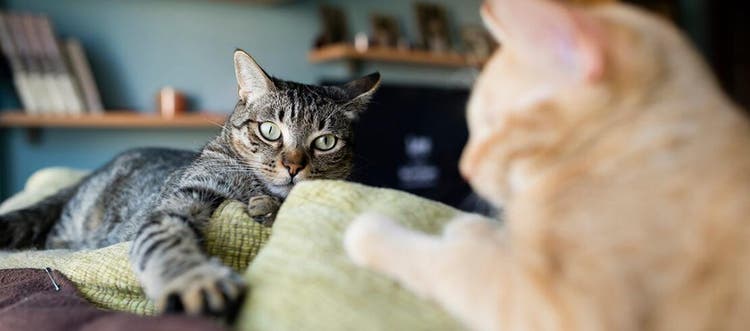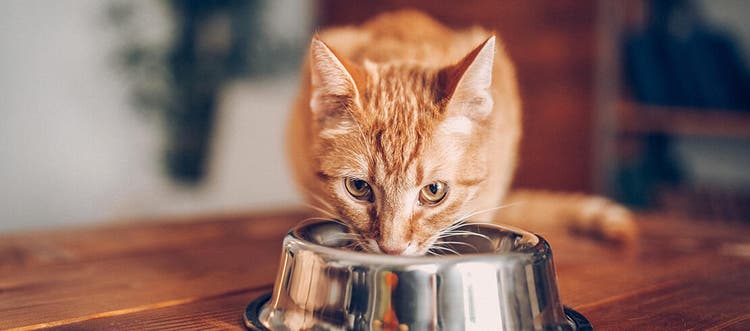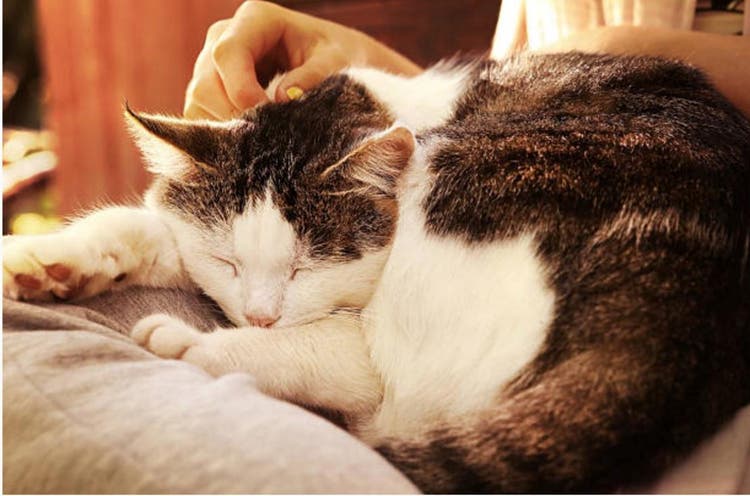Reviewed by Dr Abbie Lam DVM
While some cats learn to use a cat flap immediately, others may require encouragement, training and a lot of patience.
Cats are naturally curious animals, and many will learn to use a cat flap without difficulty. But cats can also be very cautious when it comes to changes in their environment, and some need a little encouragement before they become comfortable using their cat flap.
Many cats enjoy being outside and the independence of coming and going as they please. With a bit of guidance, your cat can learn how to use their cat flap, even if they’re naturally cautious.
Teaching your cat to use the cat flap
If your cat is reluctant to use the cat flap, you will need to patiently teach them how to use it. The last thing you want them to do is associate the cat flap with stress by forcing them through it.
Essentially, your cat will need to learn two things:
- They can enter and exit the house via the cat flap
- They need to push open the cat flap to use it
The best way to encourage reluctant cats is to take these steps one at a time.
1. Teach your cat they can enter and exit the house via the cat flap
Start by keeping the flap fully open with tape or a piece of string. Now your cat can clearly see the great outdoors beyond, and this alone may be enough to prompt them through. If not, go outside and call them through the open flap, encouraging them with a favourite treat to come to you. If they’re still reluctant, it’s time to recruit another human – preferably one your cat knows and trusts – to help.
Your training partner should gently hold your cat in front of the open flap, while you sit on the other side. Reach through the flap and give your cat a treat so they learn to associate the cat flap with good things. Slowly but surely, your cat will start to come to the flap to get treats, and eventually you will be able to entice them through. Remember to reward all successful passes through the cat flap, and to practice in both directions, in and out.
2. Teach your cat to push open the cat flap
Now it’s time to teach your cat to open the flap on its own. Start by attaching a clothes peg or binder clip to the flap so it doesn’t shut all the way and your cat can still see you on the other side. By offering treats and calling your cat through, they will learn to push the flap with their head or paw to pass through.
Once they have mastered this, remove the peg or clip so the flap falls completely shut, and practice entering and exiting the house – again being sure to reward and praise every success.
If you have a microchip-activated cat flap designed to unlock only when it detects your cat’s microchip, you might find that the whole process takes a bit longer, as your cat may be startled by the sound of the cat flap unlocking.
Similarly, if your cat is particularly timid, the process might be a long one, but in the end it will be worth it. Your cat will gain independence, and you’ll get a break from running to the door every time you hear a plaintive meow.
With this newfound freedom, your cat may need some extra help learning where their bathroom spot should be inside the house. Ensure your cat is fully house trained with our guide to litter training your cat.
To guard against your cat bringing vermin or a snake into the house, consider curtailing free use of the flap to return inside.
If your cat is venturing outdoors, even just in the backyard, a trip to the vet or on-leash walks, it is particularly important to ensure that they are kept up to date with preventative medications. Speak to your vet about what vaccinations and medications your cat requires, and start a parasite protection plan for your cat.



